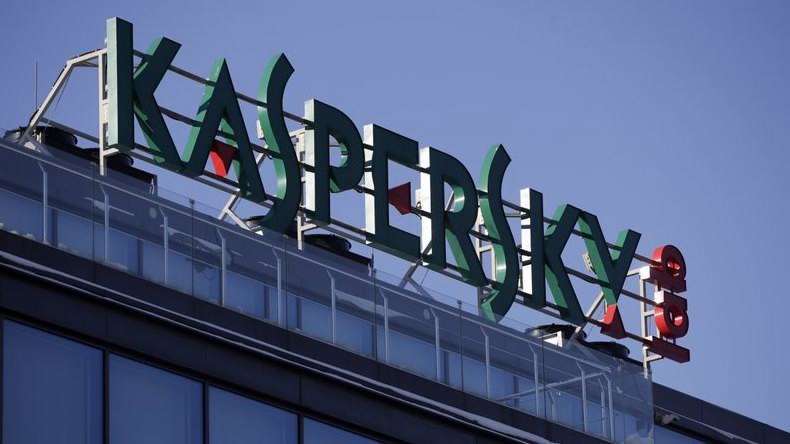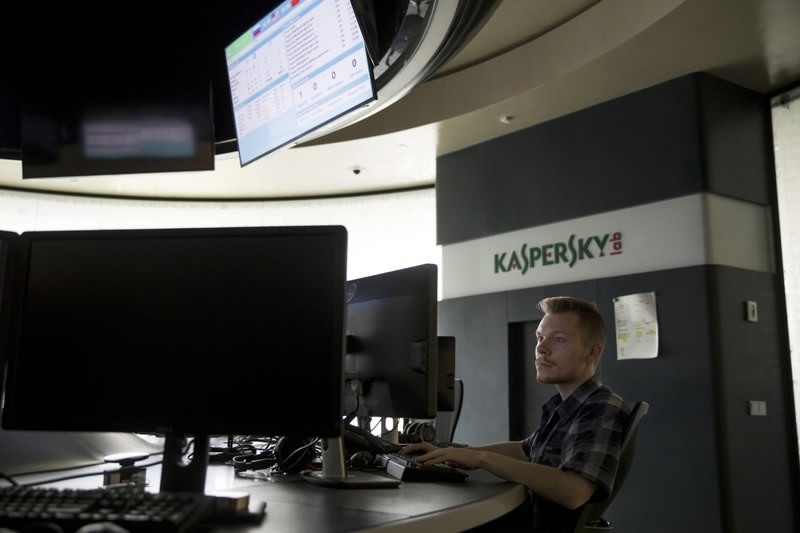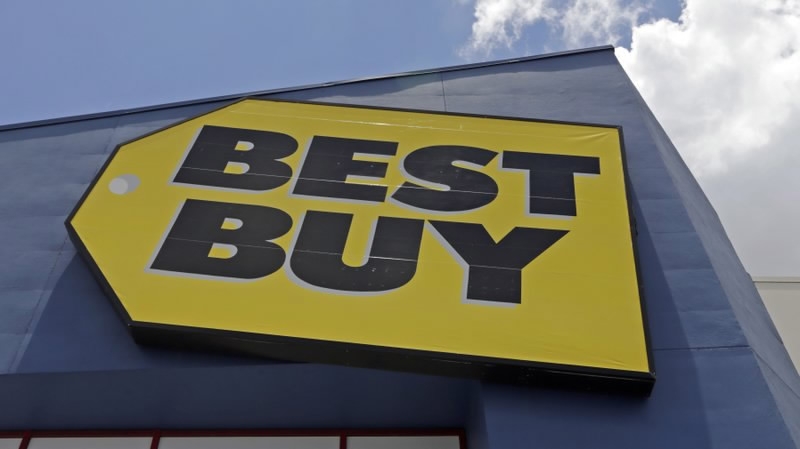
Tech & Sci
08:46, 15-Sep-2017
Confusion hits US consumer market over US ban of Kaspersky
CGTN

Following the US government ban on federal agencies using Kaspersky Lab software on Wednesday, Best Buy and Office Depot said they will also no longer sell the Russian company's software, sending a shock wave of concern into the marketplace. However, one security researcher said most consumers don't need to be alarmed.
The US Department of Homeland Security is worried about potential ties between certain, unnamed Kaspersky officials and the Kremlin and Russian intelligence services. The department also noted that Russian law might compel Kaspersky to assist the government in espionage.
Kaspersky has denied any unethical ties with the Russian, or any other, government. It said Thursday that it will continue to get its product to customers "through its website and other prominent retailers." Kaspersky software is used by consumers in both free and paid versions, available both online and in stores.

An employee of Kaspersky Lab works on computers at the company’s headquarters in Moscow. /AP Photo
An employee of Kaspersky Lab works on computers at the company’s headquarters in Moscow. /AP Photo
To uninstall or not uninstall
The US government action raised the question of whether those users should follow the US government's lead. Some companies sought to tread carefully, addressing questions from customers who asked about it without alarming those that didn't.
Nicholas Weaver, a computer security researcher at the University of California, Berkeley, called the US government decision "prudent;" he had argued for such a step in July. The biggest risk to US government computers is if Moscow-based Kaspersky is subject to "government-mandated malicious update," Weaver wrote this summer.
Kaspersky products accounted for about 5.5% of anti-malware software products worldwide, according to research firm Statista.
Minimizing risk
Other experts, however, suggested that consumers should also uninstall Kaspersky software to avoid any potential risks. Michael Sulmeyer, director of a cybersecurity program at Harvard, noted that antivirus software has deep access to one's computer and network.
"Voluntarily introducing this kind of Russian software in a geopolitical landscape where the US-Russia relationship is not good at all, I think would be assuming too much risk," he said.

Best Buy said it will no longer sell software made by the Russian company Kaspersky Labs. /AP Photo
Best Buy said it will no longer sell software made by the Russian company Kaspersky Labs. /AP Photo
The government ban should alarm any company that has been relying on Kaspersky's software to protect its business, said Nate Fick, CEO of computer security specialist Endgame. He expects most companies to find another alternative to Kaspersky. "It is all about risk mitigation in cybersecurity, and this is an easy risk mitigation to make," he said.
Best Buy was the first big retailer this month to announce it would stop selling the software. Office Depot followed Thursday.
Amazon, which also sells Kaspersky software, declined to comment.
A Russian company with ties to Russia
Various US law enforcement and intelligence agencies, as well as several congressional committees are investigating Russian meddling in the 2016 presidential election.
Kaspersky said it is not subject to the Russian laws cited in the directive and said information received by the company is protected in accordance with legal requirements and stringent industry standards, including encryption.

Dmitry Peskov /AP Photo
Dmitry Peskov /AP Photo
Russia also came to its defense Thursday, with a spokesman for Russian President Vladimir Putin criticizing the US ban.
Dmitry Peskov told journalists on Thursday the move "cast a shadow over the image of our American colleagues as reliable partners" and was designed to cripple Kaspersky's competitive advantage on the international market.
Company spokesman Anton Shingarov said Thursday in Moscow that the US ban was "part of a geopolitical game" and "there is no proof provided of any improper ties to the Russian government."
Source(s): AP

SITEMAP
Copyright © 2018 CGTN. Beijing ICP prepared NO.16065310-3
Copyright © 2018 CGTN. Beijing ICP prepared NO.16065310-3